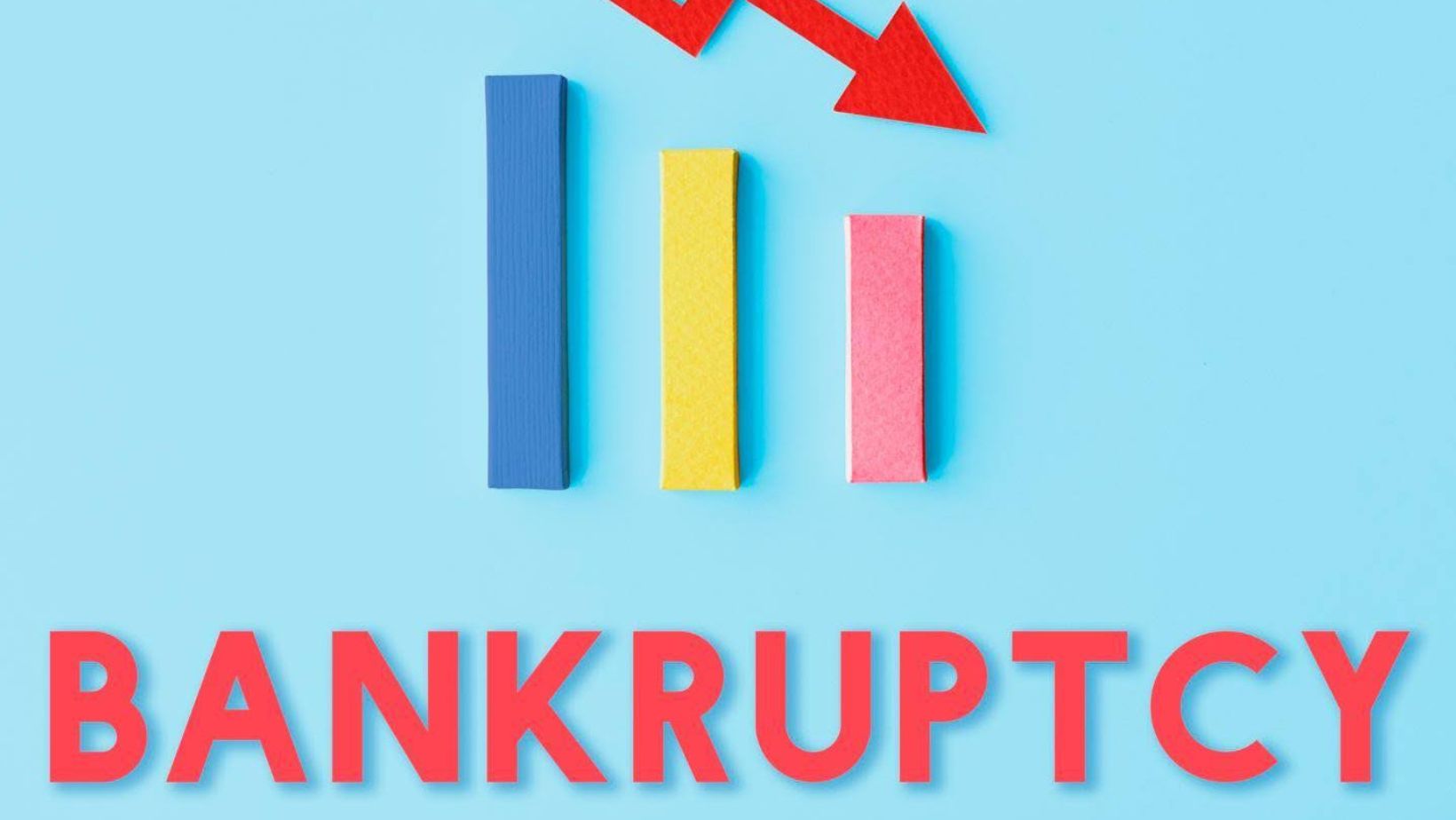If you’re drowning in credit card debt, medical bills, or personal loans, you’re not alone. Every year, thousands of people in Illinois turn to bankruptcy as a legal way to regain control of their finances. But the fear of losing your home, car, or personal belongings can make filing feel like an overwhelming risk. The truth is, filing for Chapter 7 Bankruptcy in Illinois doesn’t mean losing everything—and in many cases, it allows you to keep the things that matter most.
This guide breaks down how Chapter 7 bankruptcy works in Illinois, what property you can protect under state law, and how to move forward with confidence and clarity.
What Is Chapter 7 Bankruptcy?
Chapter 7 bankruptcy is a legal process that helps individuals eliminate most unsecured debts, including:
- Credit card balances
- Medical bills
- Personal loans
- Certain utility or rent arrears
- Payday loans
Once your case is complete, most of these debts are discharged, meaning you’re no longer legally responsible for paying them.
But what about your house, your car, or your savings? That’s where Bankruptcy Exemptions in Illinois come into play.
Will I Lose Everything If I File for Chapter 7 Bankruptcy in Illinois?
No—and this is one of the biggest misconceptions about bankruptcy.
Bankruptcy laws are designed to give you a fresh start, not to leave you destitute. Illinois provides a number of legal protections called exemptions, which allow you to keep essential assets during and after your bankruptcy case.
These exemptions cover property like:
- Your home (up to a certain equity amount)
- Your vehicle
- Personal belongings
- Retirement accounts
- Tools of your trade
As long as your assets fall within the exemption limits, you won’t be forced to give them up.
Bankruptcy Exemptions in Illinois: What You Can Keep
Here’s a breakdown of key Bankruptcy Exemptions in Illinois (as of 2025):
1. Homestead Exemption
You can protect up to $15,000 of equity in your primary residence. If you’re married and filing jointly, that amount doubles to $30,000.
2. Motor Vehicle Exemption
You can keep up to $2,400 of equity in one vehicle.
3. Personal Property Exemptions
You can protect personal items such as:
- Clothing
- Family photos
- Books
- Furniture
- Appliances
Illinois also allows a “wildcard exemption” of up to $4,000, which can be applied to any property of your choice.
4. Retirement Accounts
Most tax-qualified retirement accounts, including IRAs and 401(k)s, are fully protected.
5. Tools of the Trade
If you own tools or equipment necessary for your work, you can protect up to $1,500 in value.
These exemptions are critical for anyone filing Chapter 7 Bankruptcy in Illinois, as they determine what property is protected from creditors during the process.
How the Chapter 7 Process Works in Illinois
Here’s a step-by-step guide to filing for Chapter 7 bankruptcy in Illinois:
Step 1: Credit Counseling
Before you can file, you’re required to take a credit counseling course from a government-approved agency. It typically takes about 60 to 90 minutes and can be completed online or over the phone.
Step 2: Gather Financial Documents
You’ll need to collect and submit:
- Income statements (pay stubs, benefits)
- Tax returns (usually the last two years)
- A list of all your debts and creditors
- Bank statements
- A list of assets and property
Step 3: Take the Means Test
To qualify for Chapter 7, your income must fall below the median income for a household of your size in Illinois. If it doesn’t, you may still qualify based on your expenses, but you’ll have to complete a more detailed financial analysis.
Step 4: File Your Petition
You’ll submit your bankruptcy paperwork—known as a petition—to your local bankruptcy court. This includes forms that detail your income, debts, assets, and property exemptions.
Once filed, the automatic stay goes into effect, which stops:
- Foreclosure
- Wage garnishments
- Lawsuits
- Harassing phone calls
Step 5: Attend the 341 Meeting (Meeting of Creditors)
About a month after filing, you’ll attend a brief hearing with the bankruptcy trustee. It’s not in a courtroom and typically lasts 10 to 15 minutes. Creditors are allowed to attend but rarely do.
Step 6: Complete a Debtor Education Course
Before your debts can be discharged, you must complete a second course focused on budgeting and financial education.
Step 7: Receive Your Discharge
If everything is in order, your discharge will be issued in about 60 to 90 days after your 341 meeting. This legally eliminates your eligible debts.
Common Questions About Chapter 7 in Illinois
Can I keep my home and car?
Yes—if the equity in your home or vehicle is below Illinois exemption limits, you can keep them. You’ll also need to stay current on mortgage or car loan payments.
You’ll also need to stay current on mortgage or car loan payments.
What debts can’t be discharged?
Some debts are not eligible for discharge under Chapter 7, including:
- Student loans (except in rare cases)
- Child support and alimony
- Recent income taxes
- Court fines and restitution
Will bankruptcy ruin my credit forever?
No. While Chapter 7 stays on your credit report for up to 10 years, many people begin rebuilding credit within a year. You can qualify for a secured credit card, car loan, or even a mortgage within a few years of your discharge.
How U.S. Bankruptcy Help Supports You
At U.S. Bankruptcy Help, we make the bankruptcy process easier to understand. We offer free, easy-to-follow resources for individuals exploring Chapter 7 Bankruptcy in Illinois and across the country. Our mission is to help people understand their rights and connect with experienced bankruptcy attorneys in their area.
When you fill out our short form, we’ll connect you with a qualified bankruptcy attorney near you who can answer your questions and walk you through your options in detail.
Conclusion: You Can File for Chapter 7 Bankruptcy in Illinois Without Losing Everything
Filing for Chapter 7 Bankruptcy in Illinois is not about giving up—it’s about starting over. Thanks to strong Bankruptcy Exemptions in Illinois, you don’t have to lose your home, car, or personal belongings to get out of debt.
With the right information and legal support, bankruptcy can be a powerful step toward a brighter financial future.
Disclaimer: Bankruptcy exemptions change frequently. Always discuss your options with a local bankruptcy attorney if you are considering filing bankruptcy.


